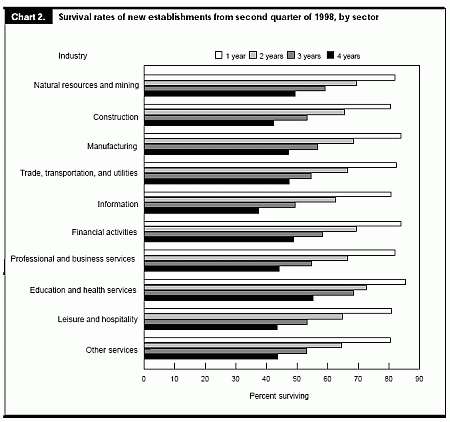- Joined
- Aug 11, 2011
- Messages
- 1,216
- Reaction score
- 17
Since there are no easy answers and answering a question like this is bound to open up criticism but Im fine with that. Here is a broad based plan from me. Keep in mind I dont do this for a living. You surely wouldnt ask someone in economics or policy to reduce your fracture or suture up your kid.
Here goes.
1) End the war in afghanistan, cut 7.5% of our military spending, let the military decide where. Cuts by 1% per yr and 0.5% the last yr.
2) Allow the govt to negotiate prescription drug costs (somehow as docs we get screwed but big pharma reaps the rewards, they have one of the highest profit margins as a group of any publicly traded sector).
3) Medicare starts at 67 for anyone under 50 on Jan 1 2013
4) Legalize and tax weed like tobacco
5) Cut the 60 billion found in the dept of education.. cut it to about 1/3 of that. Fix whatever idiot rule allows the interest rate on this money to go to 6.8%. Mine were all cheaper and were not subsidized. I know this would cut some aid, so be it.
6) Repeal obamacare
7) simplify the tax code (I would be fine for an extremely simple tax code for example 10% VAT type tax plus 10% for all income above 150k leaving ONLY the mortgage tax deduction. NOTHING ELSE. I am open to other options).
8) I wouldnt touch social security but I believe I addressed the other 2 big ones.
9) Shrink federal govt employment by 10-15% through attrition, bring pay in line with private jobs.
10) Bring congress back into social security
11) Continue to stop medicare/medicaid fraud (10% of all costs of the program)
12) Cut aid to all countries that dont support us (Pakistan, Egypt etc).
I would then raise taxes 0.5% per yr across the board until we reach the pre bush tax cut numbers (assuming #7 is a no go).
Oh some extra money here..
http://www.coburn.senate.gov/public...&File_id=b69a6ebd-7ebe-41b7-bb03-c25a5e194365
My favorites:
In quotes is about 163 Million. Enough to throw a great party.
Send that to the CBO for scoring ok? I can help you.. it would bring us way in line.
Glitterbox What would you do? Keep in mind even if you taxed every penny earned over 250k you couldnt balance the budget.
Cue slow clap.


